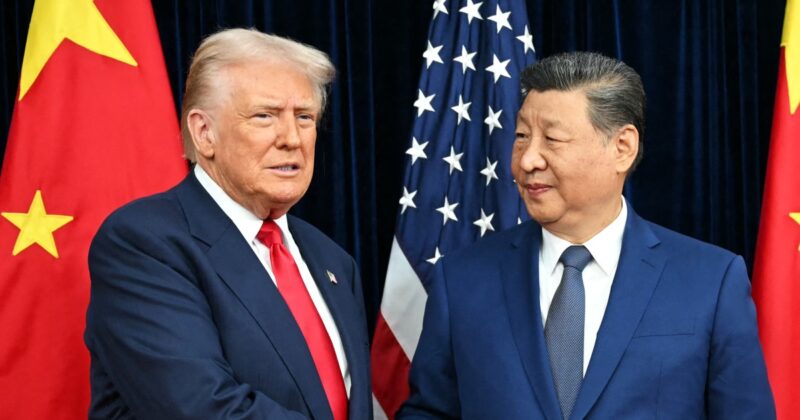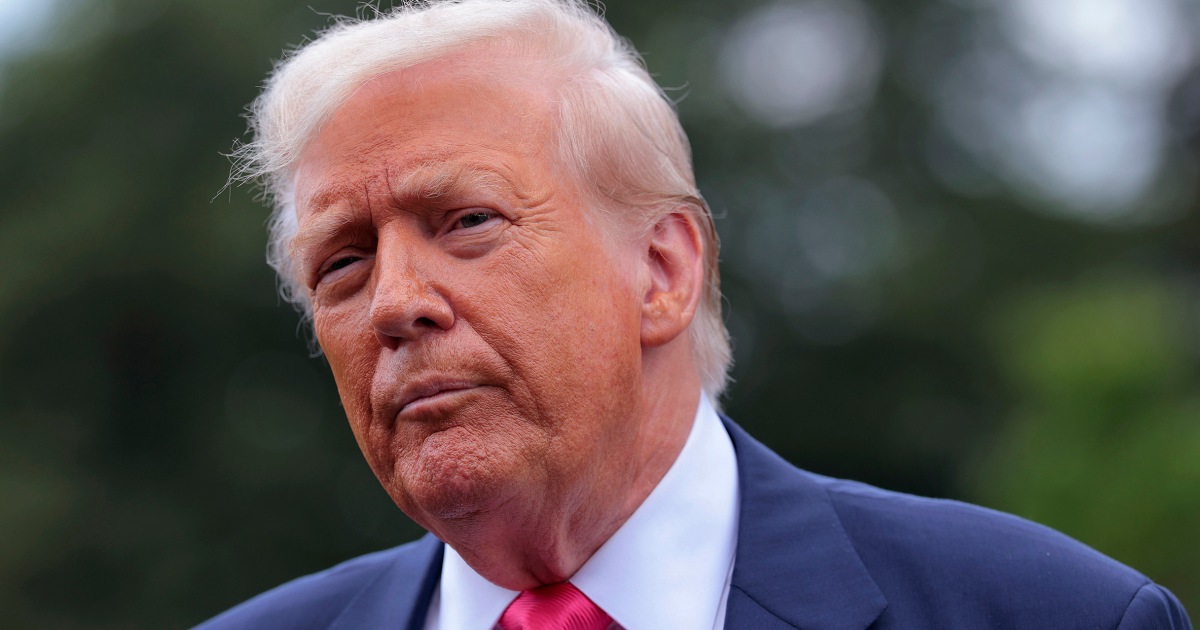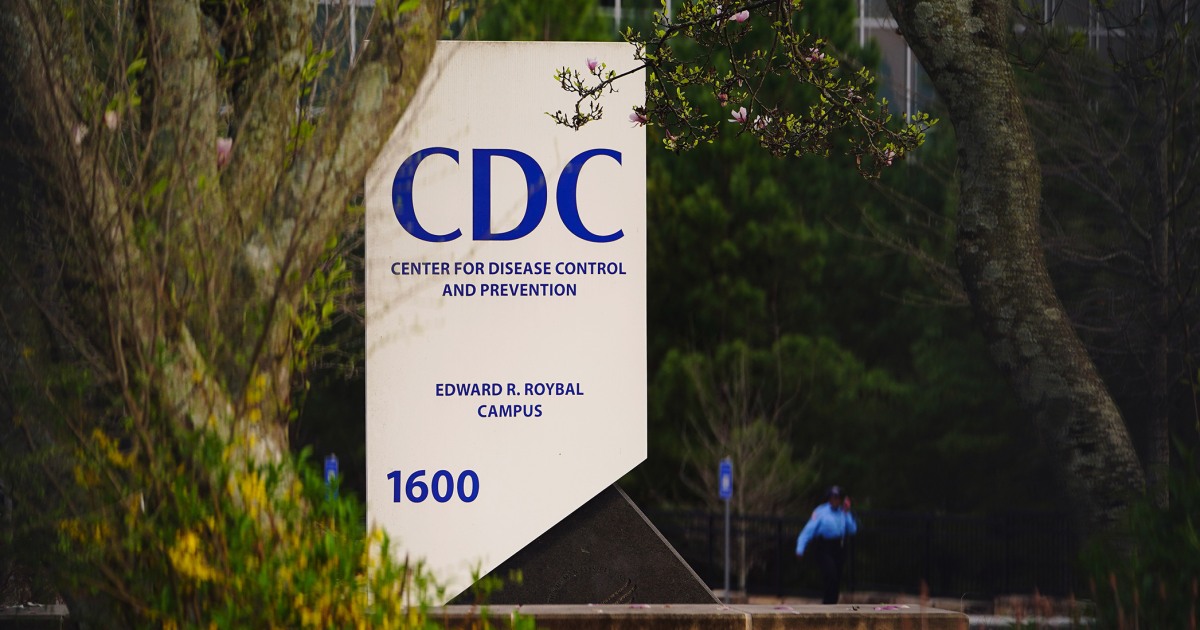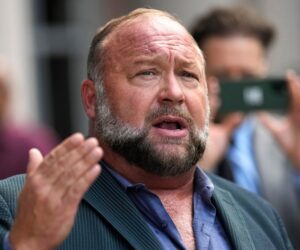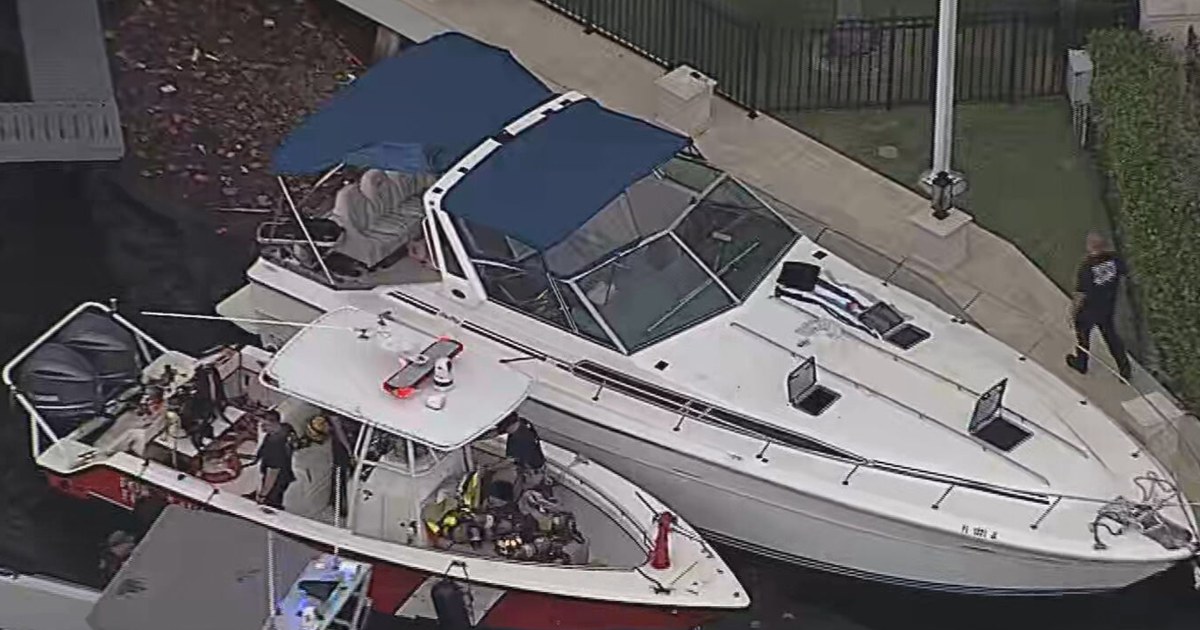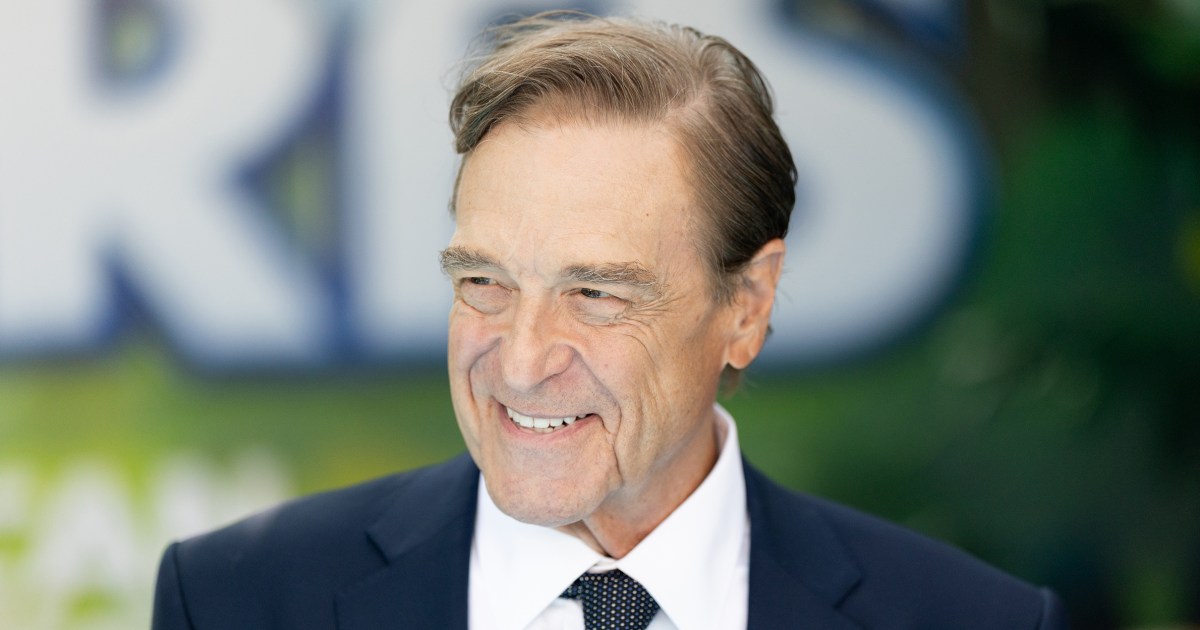HONG KONG — President Donald Trump has spoken with the leaders of U.S. ally Japan and rival superpower China amid the pair’s escalating dispute over Taiwan.
Trump’s surprise call Monday with his Chinese counterpart, Xi Jinping, was followed by a call with Japanese Prime Minister Sanae Takaichi, who angered China earlier this month with comments on the Beijing-claimed island democracy.
Both China and Japan said Trump initiated the calls, which the White House has not confirmed.
The dispute began when Takaichi, who was elected last month, told lawmakers that a hypothetical Chinese attack on self-ruling Taiwan, which at its closest point is about 70 miles from Japanese territory, could threaten Japan’s survival and trigger a military response from Tokyo.
It was the first time such an explicit remark had been made by a sitting prime minister of Japan, which like the U.S. has long been deliberately vague as to whether it would intervene militarily in the event of an attack on Taiwan.
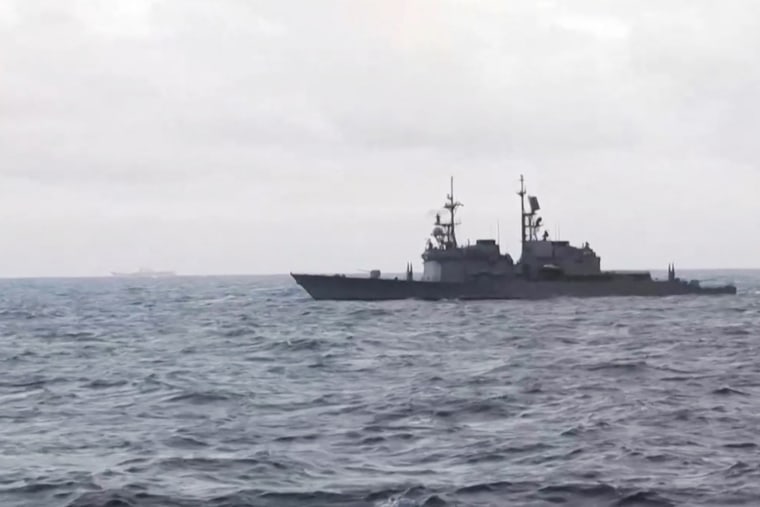
China, which describes Taiwan as its “core of core interests,” has responded with outrage, taking the dispute to the U.N., advising its citizens against traveling to Japan, and seeking economic retaliation against Japanese seafood, movies, concerts and more.
On Monday, China criticized Japan’s plan to deploy missiles on an island near Taiwan as a deliberate attempt to “create regional tension and provoke military confrontation,” while Japan scrambled a fighter jet after it detected a Chinese drone flying between Taiwan and the Japanese island of Yonaguni.
Though Takaichi has refused Beijing’s demands that she retract her “erroneous” remarks, her government says Japan’s policy on Taiwan has not changed and it continues to favor a peaceful resolution to the issue.
Trump has not publicly commented on the dispute, though his ambassador to Japan, George Glass, has said Tokyo can count on U.S. support in the face of Chinese “coercion.”
Takaichi said Tuesday that she reaffirmed Japan’s close cooperation with the U.S. in her call with Trump, which she said he initiated.
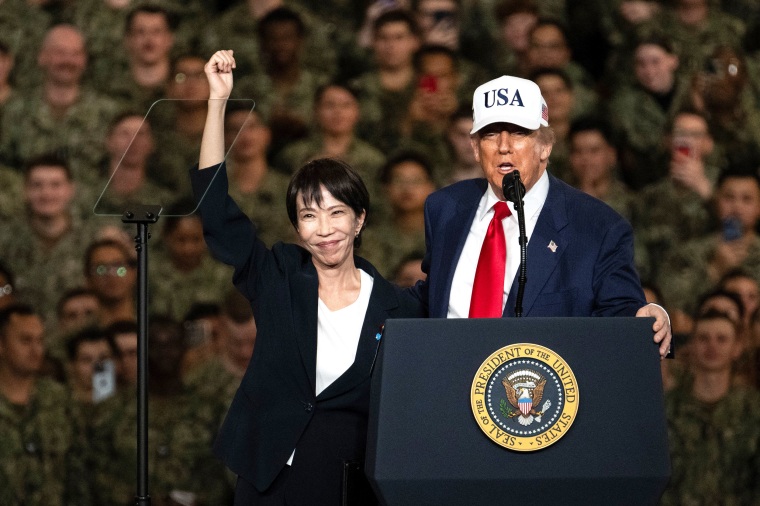
“President Trump mentioned that he and I are extremely good friends, and that I should call him any time,” she told reporters, according to Reuters.
Trump seemingly hit it off with Takaichi during a visit to Japan last month, which was followed by a meeting with Xi in South Korea to address tensions between the world’s two biggest economies over trade and other issues.
Trump said he had a “very good” call with Xi, their first since that meeting, and that U.S.-China relations were “extremely strong.”
“There has been significant progress on both sides in keeping our agreements current and accurate,” Trump said in a social media post. “Now we can set our sights on the big picture.”
Trump reaffirmed plans announced last month for him to visit Beijing in April, followed by a U.S. visit by Xi later in the year. He said he and Xi discussed Chinese purchases of U.S. soybeans, Russia’s war against Ukraine and the illicit international flow of fentanyl ingredients. Taiwan was not mentioned in Trump’s post.
That is good news for Taiwan amid growing pressure from China and questions about Trump’s commitment to its security, suggesting that “from the U.S.’ perspective, there is nothing about Taiwan that has changed,” said Lev Nachman, a professor of political science at National Taiwan University.
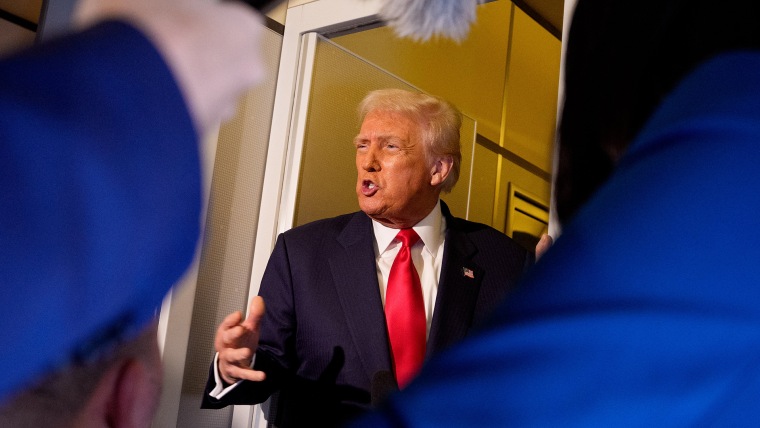
Xi also said the U.S. and China had “generally maintained a steady and positive trajectory,” according to a readout of the call published by Xinhua, China’s state-run news agency. A Chinese Foreign Ministry spokesperson said Tuesday that the call was initiated by the U.S. side.
Unlike Trump’s post, the Chinese readout of the call heavily emphasized Taiwan, whose “return to China” Xi said was an important part of the post-World War II international order.
Taiwan, a former Japanese colony, was handed to the Republic of China government after Japan’s defeat in 1945, only for that government to retreat to Taiwan a few years later after losing a civil war to Mao Zedong’s communist forces. The island has never been ruled by the Chinese Communist Party.
Taiwan Premier Cho Jung-tai said Tuesday that for the 23 million people of Taiwan, there was “no option of returning” to China.
“We must once again emphasize that the Republic of China is a fully sovereign and independent nation,” he told reporters in Taipei, using Taiwan’s formal name.
The Trump-Xi call is a “very good signal” that the strategic competition between the U.S. and China is under control, said Zhu Feng, dean of the School of International Studies at Nanjing University in China, though a “dramatic breakthrough is hard to imagine.”
Taiwan has not been a major focus of U.S.-China relations in recent months, with Trump saying it “never came up” during his meeting with Xi. The Chinese readout of their Oct. 30 meeting also failed to mention Taiwan, which is unusual.
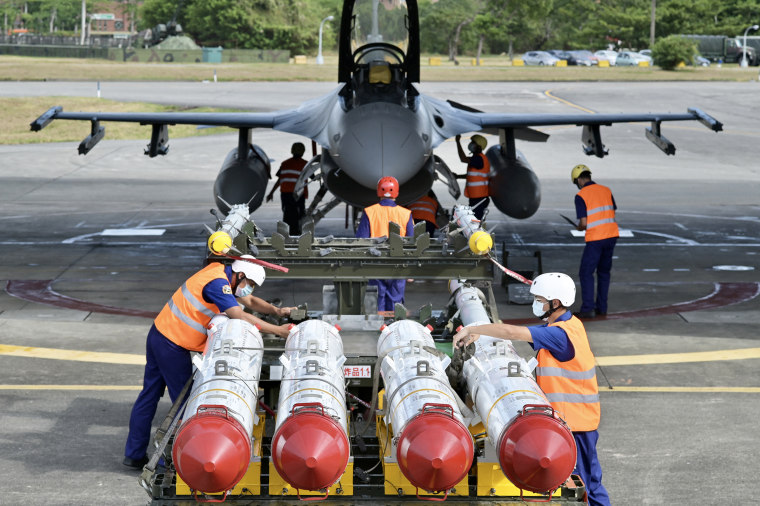
The Trump-Xi call comes after the U.S. announced two arms sales to Taiwan in the space of a week, the first since Trump returned to office in January. They include an advanced missile system worth almost $700 million and $330 million in fighter jet and other aircraft parts.
China objects to such sales by the U.S., which has no official relations with Taiwan but is legally bound to provide the island with weapons for its defense.
What China is seeking from Trump, Nachman said, is assurance that the U.S. is not going to loudly weigh in on the Taiwan dispute on Takaichi’s behalf.
“From Beijing’s perspective, it’s important that other countries realize that there will be punishments for countries that take this pro-Taiwan stance,” he said.
The lack of comments from Trump on the issue, Nachman said, “tells me that the U.S. has no desire to publicly make this about Taiwan more than it’s already become.”

